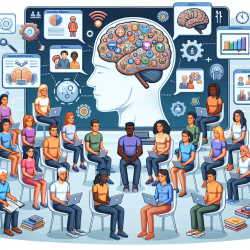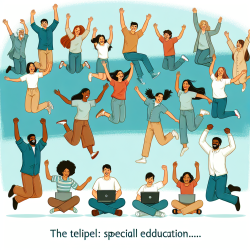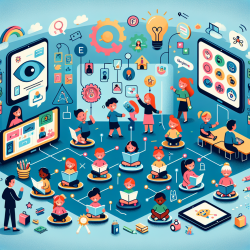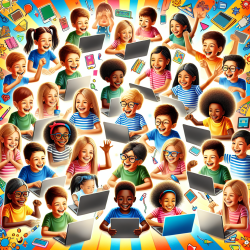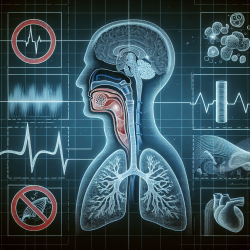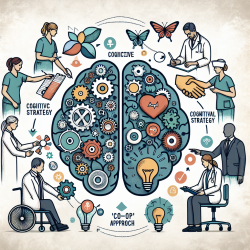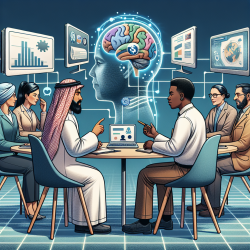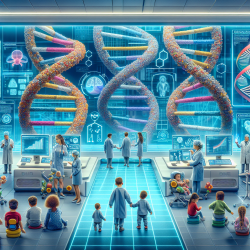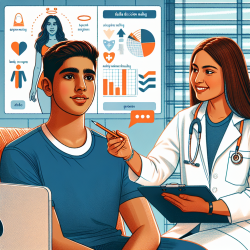The study was conducted in Assiut, Egypt, and involved 19 fourth-grade students diagnosed with SLD. These students participated in a detailed, four-stage rehabilitation program aimed at enhancing their cognitive skills. The results were nothing short of inspiring, showing significant improvements in both auditory and visual cognitive skills, as well as academic performance.
Here are some key takeaways that you can implement in your practice:
- Tailored Cognitive Training: The program was customized for each student based on their diagnosed cognitive deficits. This individualized approach ensured that each student received the specific support they needed to improve.
- Use of Technology: The study utilized a computerized battery for cognitive training, incorporating games to make learning engaging and effective. This can be particularly beneficial in maintaining the attention and interest of students with SLD.
- Multisensory Approach: Training included visual, auditory, and visuo-motor skills, providing a holistic approach to cognitive rehabilitation. This multisensory method can help in addressing various aspects of learning disabilities more effectively.
- Parental Involvement: Parents were actively involved in the rehabilitation process, attending sessions with their children and supporting home-based activities. This collaborative effort can significantly enhance the effectiveness of the therapy.
- Frequent Follow-Ups: Regular follow-ups were conducted to assess the progress and make necessary adjustments to the training program. This ensures that the therapy remains aligned with the student's evolving needs.
As practitioners, it's essential to stay updated with the latest research and methodologies to provide the best support for our students. Implementing these strategies can help you create a more effective and engaging learning environment for students with SLD.
For those interested in diving deeper into the study, you can read the original research paper Construction of an Arabic computerized battery for cognitive rehabilitation of children with specific learning disabilities.
